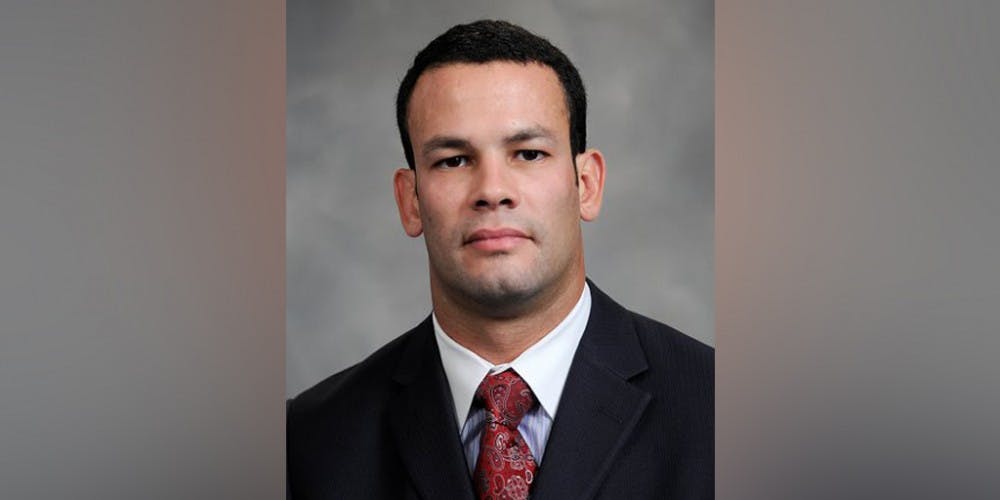Last January, former Elon University Assistant Professor of Business Michael Rodriguez sued Elon for discrimination based on the fact he was not granted tenure and his contract was not renewed.
After more than a year since the original lawsuit and more than a month since Rodriguez filed a 2,270-page response, Elon has filed its 15-page reply to Rodriguez.
These filings in the U.S. District Court for the Middle District of North Carolina, have been in response to the university’s original motion to dismiss Rodriguez’ suit.
In the reply, the university countered many of the main points Rodriguez made in his response — one of those main points being the affidavits, written statements made under oath to be used in court, he collected from former coworkers and students claiming he was more than qualified for tenure. An action the university claims should have no effect on the case’s proceedings.
Throughout the reply, Rodriguez is referred to as “plaintiff."
“None of these individuals [were] involved in the promotion and tenure process when Plaintiff’s candidacy was considered, their opinions cannot be used to establish Plaintiff’s prima facie case or show that Elon’s legitimate, nondiscriminatory reason for the denial was pre-textual,” the reply stated.
One of the most significant affidavits filed by Rodriguez came from Mary Gowan, the former Dean of the Martha & Spencer Love School of Business. In the affidavit, Gowan spoke of Rodriguez’ qualifications for tenure as well as his “excellent professional reputation,” at Elon.
But according to the university, Gowan’s words should be disregarded in court.
“Plaintiff attempts to rely on an affidavit from Gowan, who was not involved in the process and had not been for more than three years before Plaintiff came up for promotion and tenure,” the reply stated. “Mischaracterizing the import of the Committee’s preliminary vote. Such testimony should be stricken or disregarded by the Court.”
Another point the university addressed in its reply was Rodriguez’ claim that none of the faculty he approached about the discrimination issue helped him.
The university’s reply said that while Rodriguez had complained to several faculty members about these issues, “he [had] not provided any evidence that he complained of unfair treatment based on his race or national origin.”
Elon concluded its reply by restating its original request and by requesting a new one.
“Defendant respectfully requests that the Court grant its Motion and dismiss all of Plaintiff’s claims with prejudice,” stated the reply. “Defendant further requests that the Court strike or disregard paragraphs 26 and 31 of Gowan’s affidavit.”
Elon's entire filed reply is imbedded below.
Rodriguez began working at Elon University as a assistant professor in the business school in 2009. Several years later he was hired as the faculty director of the Chandler Family Professional Sales Center in 2012.
After five years the university, Rodriguez applied for tenure in the 2014-2015 academic school year, his application was denied. That April, he was removed from his faculty director job and told that his contract at Elon would not be renewed after one more year. On June 30, 2015, Rodriguez was constructively discharged when his contact as assistant professor expired.
Afterward Rodriguez began to build his discrimination case against the university, that he officially filed as a lawsuit in January 2017.


